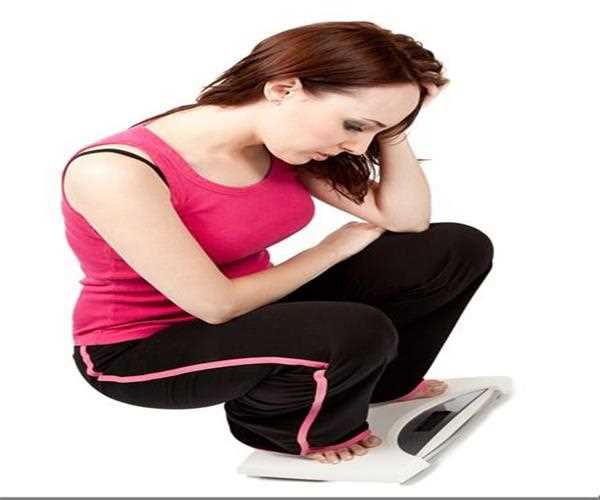
18-Sep-2022
Reasons you shouldn't Believe in weight scales
For many people, the scale is an important and helpful tool
in achieving or maintaining weight loss, but for
others, it can get in the way of success. Even if you're just trying to
stay in shape, research shows that weighing yourself regularly can help you maintain a
healthy weight.
But sometimes stepping on a ladder can be an unpleasant experience. Even if you stick with the program, the numbers can go up slightly. Or, if you double your workout, the scale may
show no progress at all.
The moment you step on the scale, you make your own decision. You can see whatever the scale shows, whether
you pass or not, or even how you feel about yourself as a person. The
numbers on the scale often have to do with body image,
which many of us struggle with all the time.
So is it wise to weigh yourself? Decide if a
ladder is right for you by considering several factors and asking the most important questions.
Should I lose weight or
should I keep living?
A scale is a great tool for those trying to lose weight. Monitoring your weight
every day is one way to make sure you're sticking to your diet and exercise
schedule. However, if you're just starting a weight loss program, the
numbers on the scale can be deceiving, and even if you're making
progress, you may feel like you're not making
any progress.
For example, when you start exercising, your body develops. Your heart
will learn to pump blood more efficiently, your body will produce more mitochondria in response to this new demand, and your muscles
will become stronger to accommodate the movement. These are
just things that don't appear on the scale. Unfortunately, a
tough diet and exercise, especially in the first few
weeks, don't always work out for new athletes.
Several things can happen when you start a weight loss program. These factors
may interfere with the use of the scale.
Delayed results
How long does it take for the weight to change on the scale? Most of us need
to diet and exercise for several weeks before we see significant changes
on the scale, after which we can get different
numbers based on our daily weight fluctuations.
Unrealistic expectations
Exercise and diet can lead to disappointment because you expect more than your body can
handle.
Tunnel vision
We focus too much on the scale to cut out everything else that
comes from education. The long-term benefits of exercise
aren't always clear if you're a beginner, and you forget
that there are other reasons to exercise and eat well.
Can you use the scale often?
If you're not happy with what the scale shows, consider weighing yourself once a month
instead of daily or weekly to give your body time to adjust to what
it's doing. Take the scale out for a while to see if anything changes
mentally for you. If you get rid of this blockage, you'll find that
your motivation will increase.
Can I change the focus?
Another option is to let go of the details of losing weight and focus on what you need to do
to achieve it. E.g:
Show me your workout. Set
your goals based on how much exercise you do each
week, not weight loss. Now there are some practical things to stick to regularly.
When you look at your calendar of completed workouts, you
can feel a sense of accomplishment that the scale
doesn't.
Get to know your body. If you don't exercise regularly, you can't lose weight, and if you don't increase your physical strength and power, you can't lose weight. In the first few weeks, practice, control your body, and figure out what you can do.
Learn to exercise. If you are a beginner,
there is a learning curve to go through. Before you put too much pressure on yourself to lose
weight, make sure you learn good posture, strong technique, and effective exercise techniques.
Are the scales correct?
You can know your weight on a scale, but there is something more important. It's body composition. Most of us focus on losing weight, but more importantly, losing weight that the scale can't detect. Losing weight can make you happy, but what if you know you're losing muscle, not fat? The loss of muscle mass slows down the metabolism and ultimately contributes to the loss of mobility and strength. This is an example where this can be a reference point, especially for new athletes starting a strength training program. You can lose inches without losing weight.
This means you can get results even if they look different from what you see. That's how you feel when you step on the scale and nothing has changed. You'll know there's a problem because the clothes may fit differently, but the scale doesn't show these changes.

Student
An inquisitive individual with a great interest in the subjectivity of human experiences, behavior, and the complexity of the human mind. Enthusiased to learn, volunteer, and participate. Always driven by the motive to make a difference in the sphere of mental health - and normalize seeking help through a sensitive and empathetic approach
Join Our Newsletter
Subscribe to our newsletter to receive emails about new views posts, releases and updates.
Copyright 2010 - 2026 MindStick Software Pvt. Ltd. All Rights Reserved Privacy Policy | Terms & Conditions | Cookie Policy